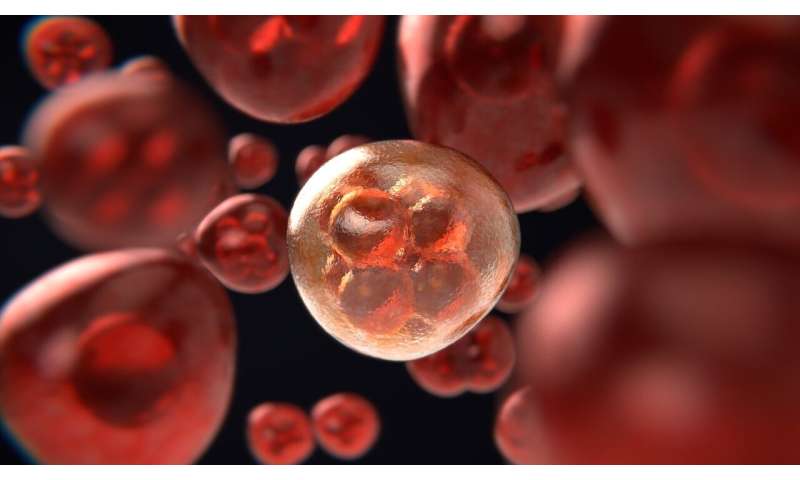Susceptibility to carcinogens varies due to genetics, find UH researchers

A new study led by the University of Hawaiʻi Cancer Center looks into how and why certain individuals develop cancer and others do not. The research was published in Nature Reviews Cancer, one of the most influential and prestigious journals in medicine and science. In addition to lead author Michele Carbone and co-author Haining Yang, collaborators include top cancer researchers, including a Nobel Laureate, and several members of the U.S. and European Academy of Sciences.
In the paper, “Tumour predisposition and cancer syndromes as models to study gene-environment interactions,” Carbone and collaborators discuss recent evidence indicating that cancer most often results from the interaction between an individual’s genetics and exposure to environmental carcinogens. They emphasize that the risk of developing cancer upon exposure to carcinogens varies due to gene mutations that can make certain individuals much more susceptible than others.
“By identifying those who carry genetic mutations, we can implement more effective prevention and early detection strategies targeting those who are most vulnerable, and thus, we have a much greater impact in saving lives from cancer,” said Carbone.
This is the first time that the role of gene-environment interaction in cancer is being discussed at this level of molecular detail by some of the top scientists in the world. Several of the advancements in this field of research were made possible by Carbone and collaborators’ discovery of the “BAP1 cancer syndrome,” a disease that allows researchers to study and elucidate the mechanisms that regulate gene-environment interaction in causing cancer.
Source: Read Full Article
